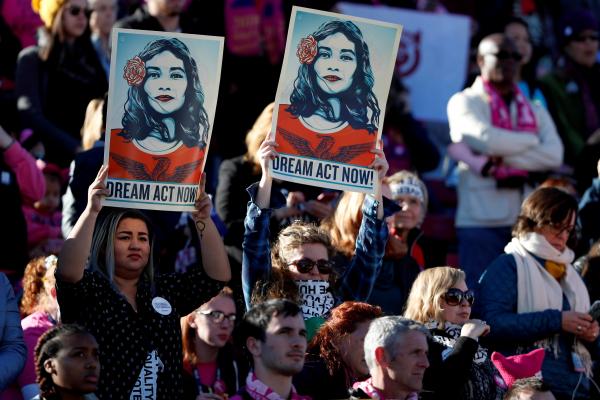Jan 22, 2019
The U.S. Supreme Court temporarily closed the door on President Donald Trump's effort to end protections for hundreds of thousands of undocumented immigrants with the justices again silent on Tuesday on three related appeals.
With the lower court’s ruling against the administration and the high court not yet taking action, the Deferred Action for Childhood Arrivals (DACA) program remains in place for now, essentially maintaining the status quo for current DACA recipients. DACA protects about 700,000 immigrants, often called "Dreamers" based on the name of the Dream Act legislation that failed to pass Congress, from deportation and provides them work permits, though not a path to citizenship.
Read the Full Article

Already a subscriber? Login
